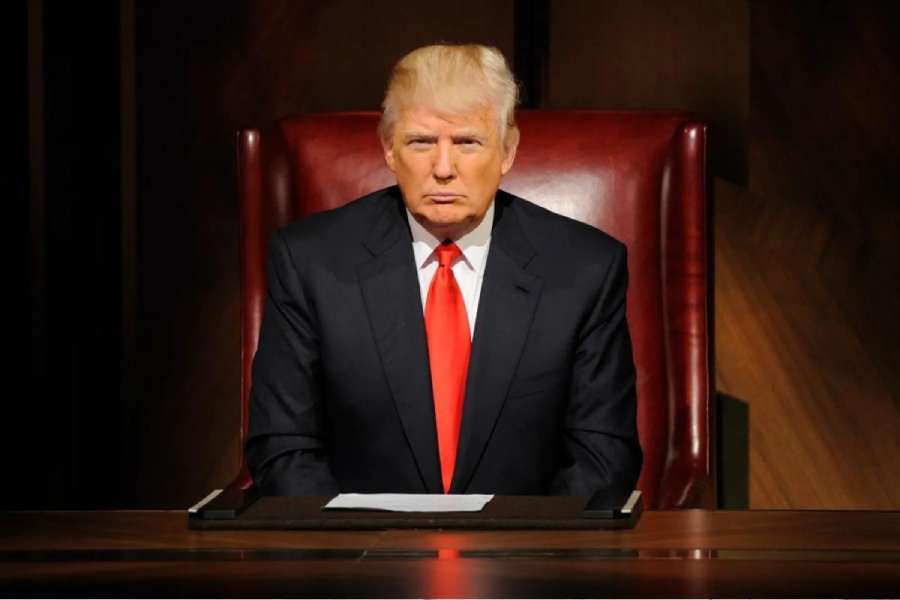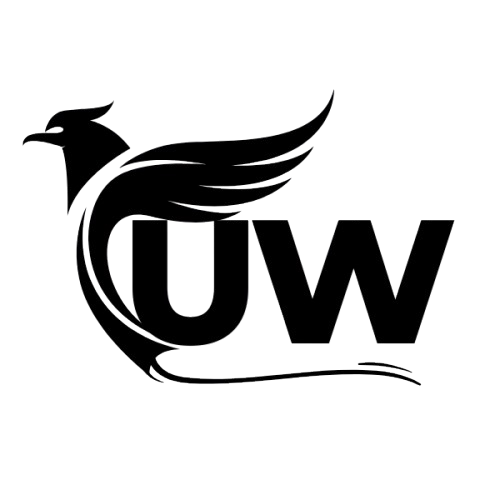
On April 12, 2025, the United States government announced that it has reduced tariffs on several Chinese-made electronics. These changes took effect retroactively from April 5, 2025.
Before this update, many electronic products such as smartphones, laptops, computer chips, routers, and other tech gear were taxed at rates as high as 125%. After the new exemptions, the average tariff on these products has dropped to just 5%.
This move is expected to benefit major U.S. tech companies like Apple, Nvidia, Dell, and Super Micro, which rely heavily on parts and manufacturing from China. By reducing these costs, companies can avoid raising prices for American consumers.
For example:
- Apple iPhones made in China were facing a potential 145% tariff before the change.
- Now, under the new rules, iPhones and similar electronics are only subject to a 20% China-specific tariff, along with a 5% general import duty, making them more affordable.
However, the 20% China-specific tariff, introduced in March 2025, remains in place for all Chinese products, including electronics.
Other industries, such as clothing and footwear, are still facing full tariffs without any reductions. The government explained that this selective approach focuses on lowering inflation in the tech sector while still pushing companies to move more manufacturing back to the U.S.
This decision shows that while the U.S. wants to be tough on trade with China, it also recognizes the importance of keeping technology accessible and supporting American companies during tough economic times.


























